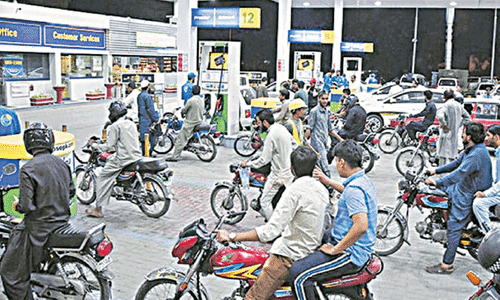ISLAMABAD: Greenhouse gas (GHG) emissions from the waste sector in Pakistan are expected to increase substantially in the coming years, coupled with rapid population growth and urbanisation, while no mitigation actions have been suggested for the sector in the country’s Nationally Determined Contribution (NDC) submitted under the United Nations Framework Convention on Climate Change (UNFCCC) which the country signed in 1994, said a report of the Asian Development Bank made available on Tuesday.
Under the Paris Agreement, each country is expected to outline and communicate its post-2020 climate actions in the form of an NDC. Pakistan submitted its NDC to the UNFCCC in 2015, which stated that Pakistan intended to reduce up to 20 per cent of its projected GHG emissions by 2030, subject to the availability of international grants to cover the total abatement cost.
More accurate emission estimates are urgently needed and mitigation actions must be promptly put in place to reduce emissions from the waste sector, the report said.
The latest year for which emission estimates have been compiled is 2015. A review of the second national communication (2NC) showed that 15.65 million tonnes of carbon dioxide equivalent contributed by GHG emissions from the waste sector in 2014-2015, versus the 12.29m tonnes of carbon dioxide equivalent reported for the same period.
Currently available data suggest that the country generates around 28m tons of municipal waste annually, with at least a 50 per cent organic fraction. Very little biological treatment or disposal at engineered landfill sites is done. There is an urgent need to generate more accurate and segregated data to improve the accuracy of the waste emission estimates, the report suggests.
Providing data at the national level requires data to be collected from more than 500 local councils, a challenging task in the light of the limited technical capacity available. However, various ongoing donor-funded projects in the urban sector could provide much useful information.
The ministry of climate change is responsible for solid waste management in urban areas. At the provincial level, waste management is handled by local government departments. This responsibility in large cities has been delegated to public sector companies, following some institutional reforms over the last decade.
Published in Dawn, March 23rd, 2022












































Dear visitor, the comments section is undergoing an overhaul and will return soon.